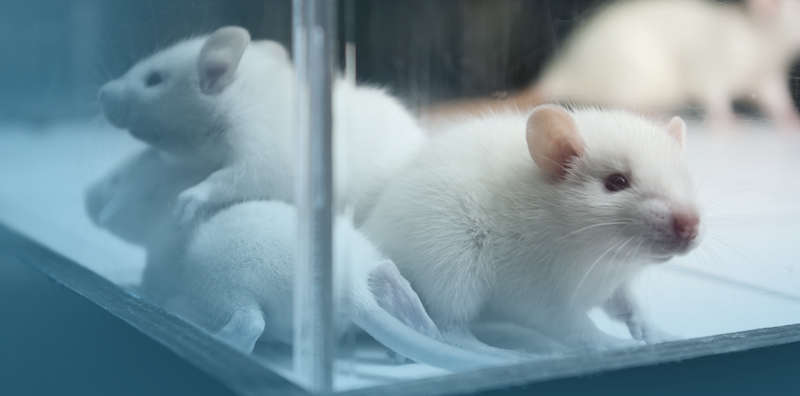 Funding Alternatives to Replace Animals in Research AAVS is thrilled to share that our affiliate, the Alternatives Research & Development Foundation (ARDF), has announced its 2023 Annual Open Grant recipients, awarding $270,000 to seven projects to develop alternatives that have great potential to replace animals in research and testing. The projects focus on a wide range of diseases and conditions, including important but overlooked topics. Two recipients will use donated human tissue to investigate human disease progression and treatment. Researchers at the American Dental Association’s Science & Research Institute will use gingival slices to develop a non-animal model for studying oral inflammatory diseases, while scientists at Johns Hopkins University will use lung tissue to study the relationship between cigarette smoke and chronic obstructive pulmonary disease, as well as potential treatments. Another study at Johns Hopkins will use “mini-brain” organoids to investigate how endocrine disruptors (chemicals that interfere with hormone function) alter brain activity. Researchers in Berlin will refine a human cell-based 3D model of a bone fracture to study how bones heal. And in Brussels, scientists will use a liver-based cell culture system to study the potential toxic effects of microplastics on the liver. Two other ARDF-funded projects are developing human organ models to improve the drug discovery process. Researchers at the University of Connecticut Health Center and the University of California, San Francisco will use a heart model to test drugs with known side-effects in order to study their interactions with alcohol. At the University of Washington, researchers are creating a pancreas model to study Type 1 diabetes and identify new treatments. This year’s focus on funding models that aid the development of treatments underscores the tremendous potential of alternative methods for biomedical research. By supporting such research, ARDF continues to advance both animal welfare and human health. |